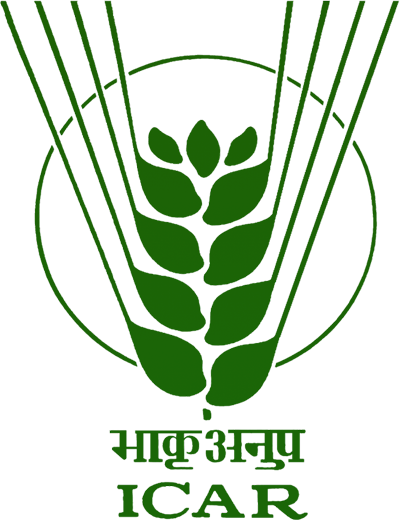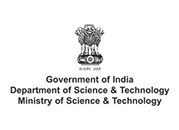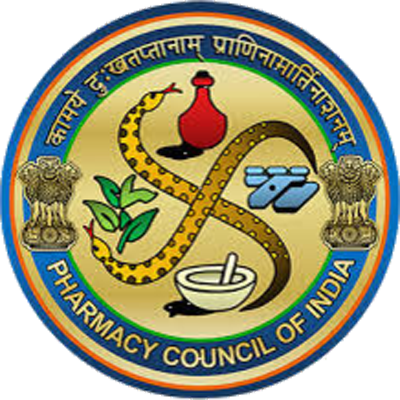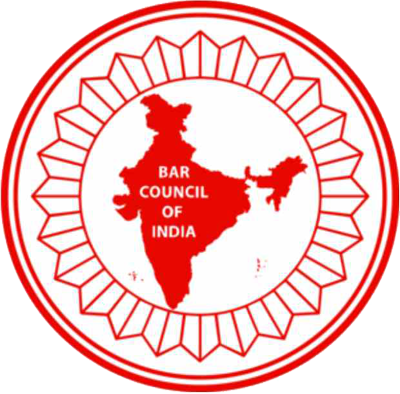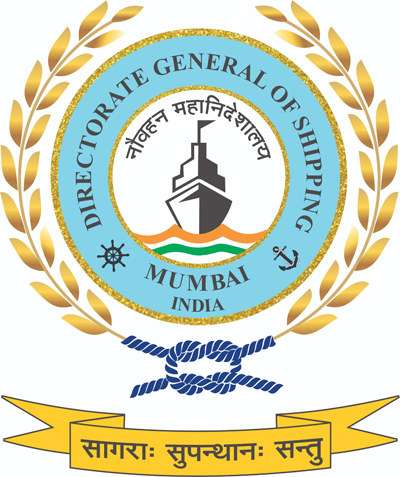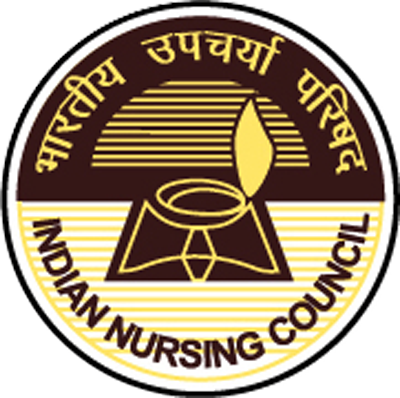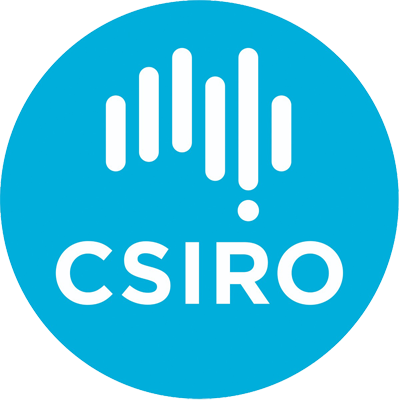The B.Sc Food, Nutrition & Dietetics course curriculum is specially designed to encompass different areas of expertise namely Food processing, Food analysis & quality control, Clinical Nutrition, Dietetics, Sports Nutrition, Nutraceuticals, Functional foods and Food product development. The course curriculum is expanded and diversified to meet the emerging needs and challenges in the area of Food, Nutrition & Dietetics. The programme is fortified by the internship /industrial training amalgamated with project work and strengthened by industrial visits, capacity building programmes, and organizing nutrition education programmes for rural and tribal communities and industrial canteens.
This course also teaches students how to create a healthy diet for people as well as how to control their food intake, their eating habits, and their lifestyle. It is primarily concerned with the science of dietetics and nutrition. Students of this curriculum get knowledge about managing lifestyle, eating and food habits, one’s ability to prepare a proper diet for others, the ability to manage a balanced diet, etc. The course provides important insights into nutrition and food microbiology, two topics that are essential for maintaining daily appropriate, healthy diets


